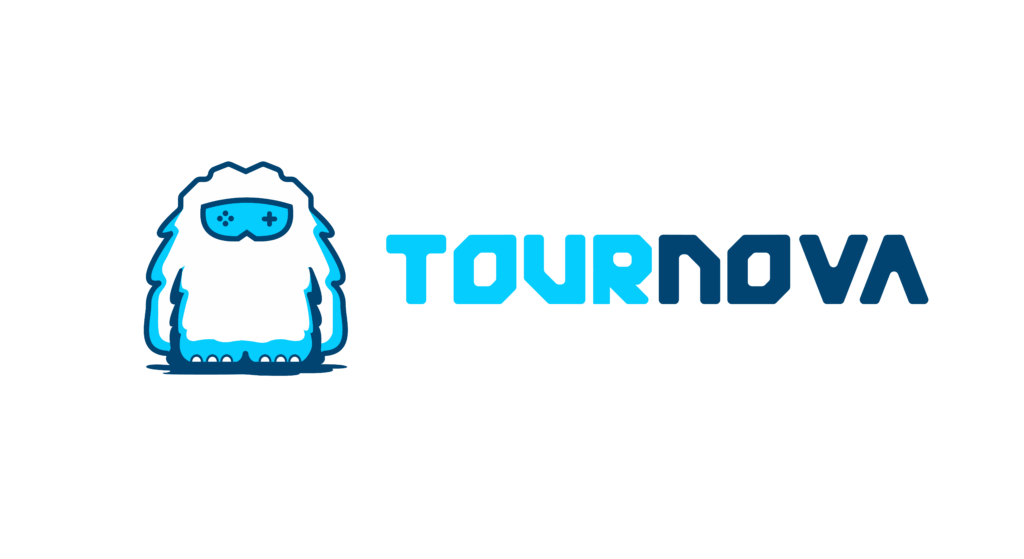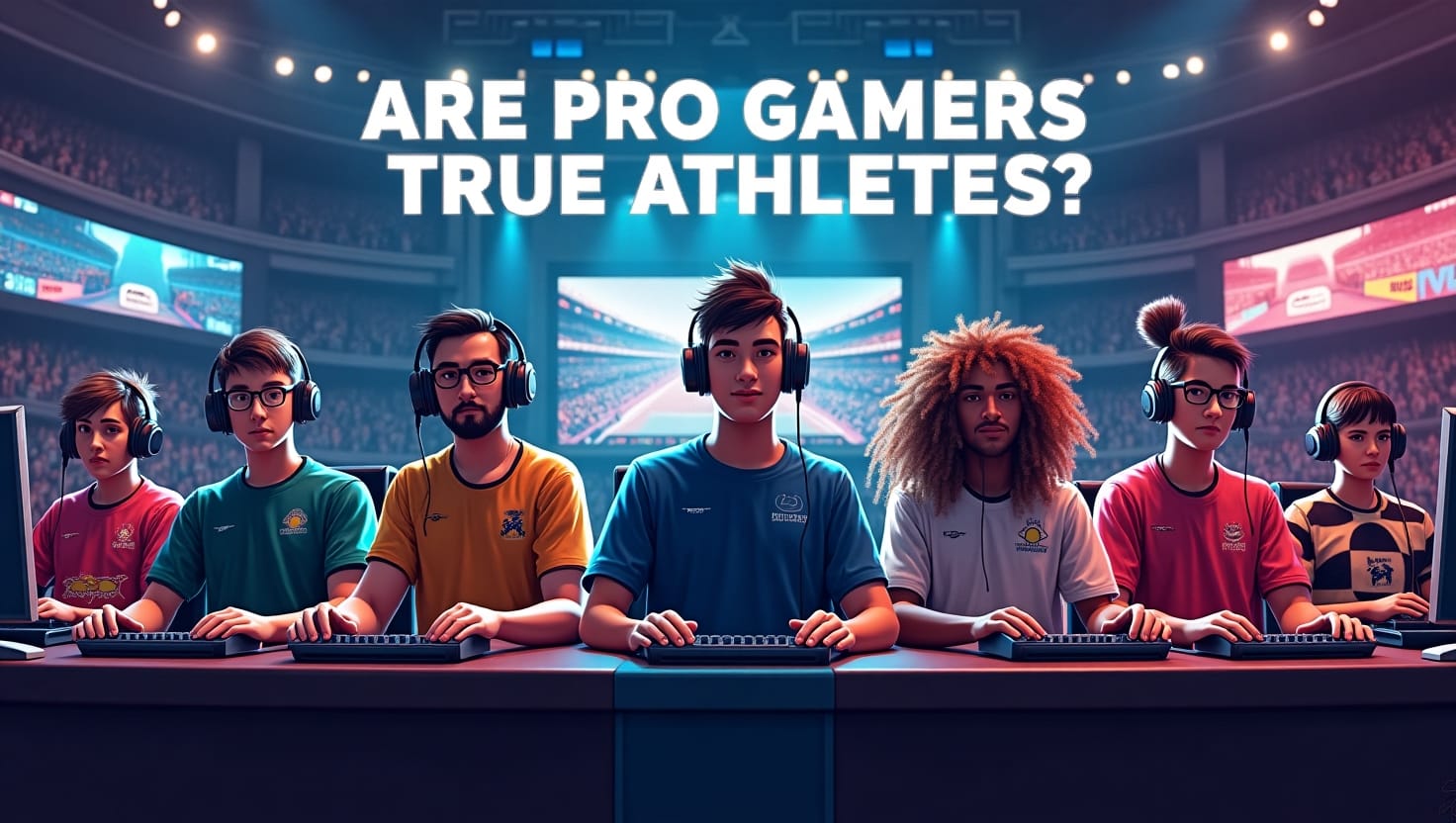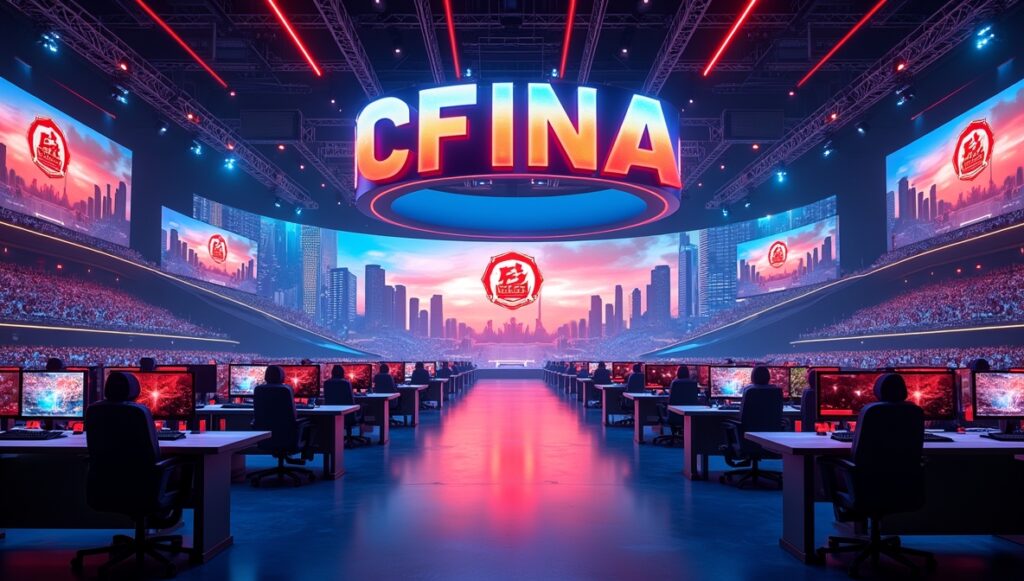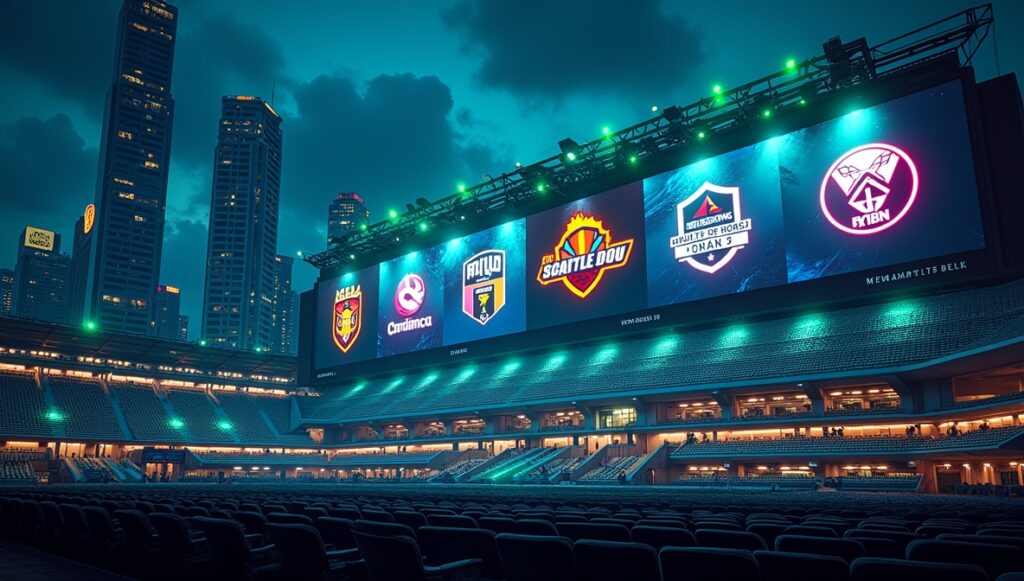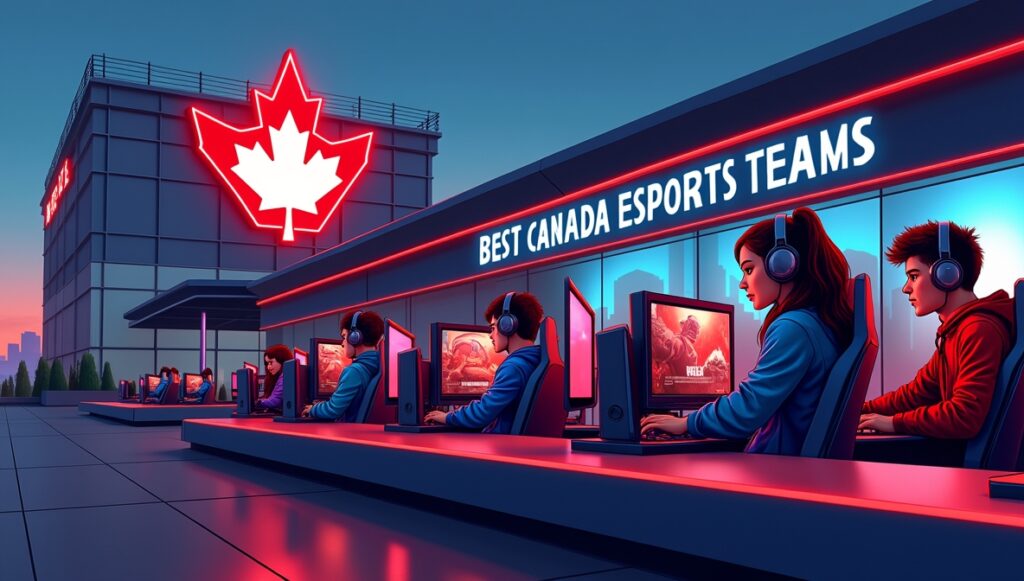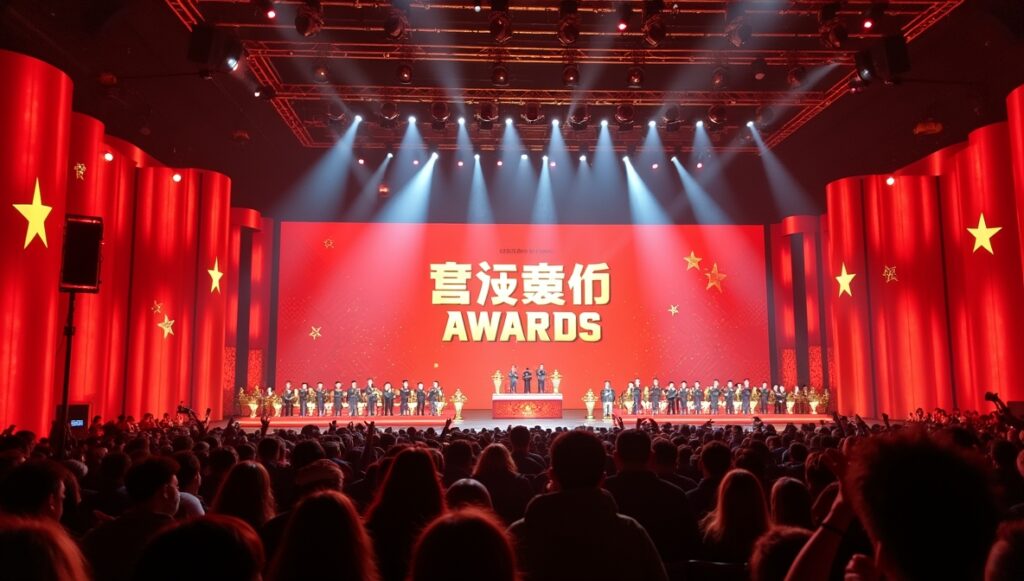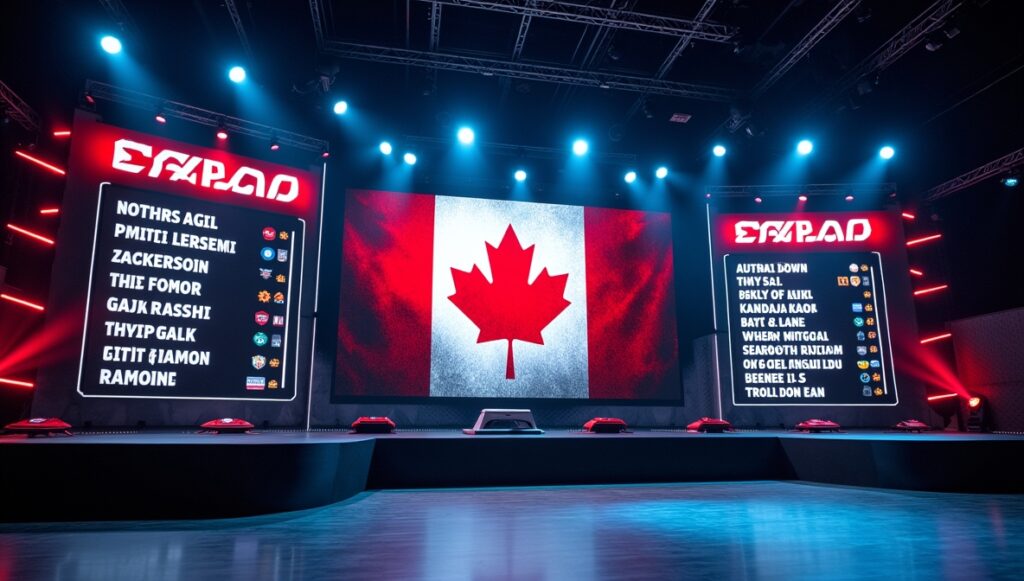It’s 6:30 a.m. Somewhere, an Olympic swimmer slices into a cold pool, her coach gruffly counting split times by the second. Across the globe, in a dim-lit bootcamp in Seoul, a top-tier League of Legends player’s already halfway through his second hour of solo queue drills; eyes glued to the screen, monitoring every decision, hands flying with surgical precision. I remember my cousin rolling her eyes and saying, “He’s just playing games, right?” But is he? Watching him scrim until his knuckles cracked and break down matches with analysts made me realize we might be overlooking the true esports athleticism involved: the intense physical and mental discipline that rivals traditional sports.
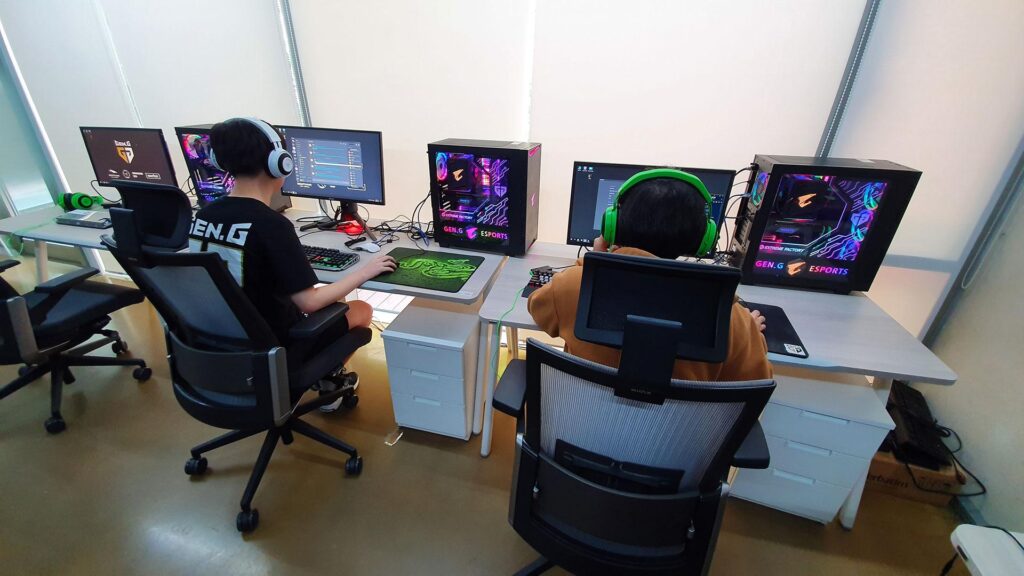
- It’s a billion-dollar global industry with massive live events, sponsorships, and streaming audiences rivaling traditional sports.
1. Esports Athleticism: Shifting the Goalposts
Not long ago, most people pictured athletes as bulging with muscle, sweat pouring, stadiums roaring. With esports, the image shifts; a young competitor with lightning-fast wrists, heart pounding before an arena of fans, but no mud on his jersey. The central debate buzzes everywhere: Can you compare competitive gamers to traditional athletes, or is athleticism still all about raw physical display?
The stakes are real. This conversation isn’t just about semantics. With recognition comes pride, acceptance, better contracts, visas, sponsorships, and a shot at a career that’s still, for many, dismissed as “just gaming.” We’re witnessing the culture pivot in real time, and for young players, the world is watching; and judging.
2. How Society Defines ‘Athlete’: The Physical and the Mental
Society traditionally carves out athletes as people with natural gifts: speed, strength, agility, grit. But hang around a few locker rooms or sports science labs, and you’ll learn it’s equally about unshakable discipline, razor-sharp focus, and nerves of steel. That’s why chess, archery, and even motorsports land in the Olympics. It’s not just biceps and six-packs; it’s decision making under fire, and mentality in the toughest moments.
More recently, the definition is expanding. Sports scientists now admit: the mind is as critical as the body. A penalty kick, a crucial serve, or the final seconds of a CS2 clutch all boil down to concentration, nerves, and instant calculation. This growing recognition of esports athleticism highlights how top gamers rely on reaction speeds as fast as any NFL wide receiver, strategy as deep as any quarterback, and the resilience to push through failures until the job is done.
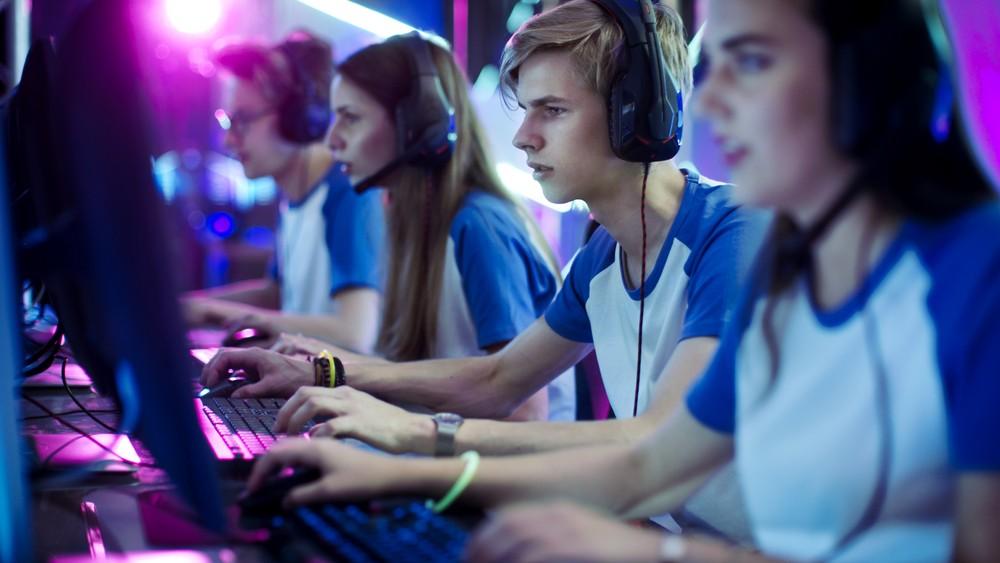
- Esports demands peak mental focus, hand-eye coordination, and split-second decision-making.
3. Inside Esports Training: Behind the Scenes of a Pro Gamer’s Life
Let me take you behind the scenes at a pro bootcamp. A typical day? Start with warm-up matches and mechanical aim drills; sometimes with trainers shouting feedback, much like a football coach barking from the sidelines. Strategy briefings, team scrims, review sessions, and then more solo practice; 10 to 14 hours isn’t abnormal in major tournament prep. Meals are planned by nutritionists, and downtime for stretching, yoga, or cardio is scheduled.
There are even on-staff physios and performance coaches. Major orgs like G2 Esports and Team Liquid hire sports psychologists and trainers to avoid burnout, treat posture issues, and build stamina. Compare that to tennis pros or MMA fighters, with physical routines shaped around match days and recovery. In both worlds, there’s no such thing as “accidental greatness”; it’s all grind, sacrifice, teamwork, and details.
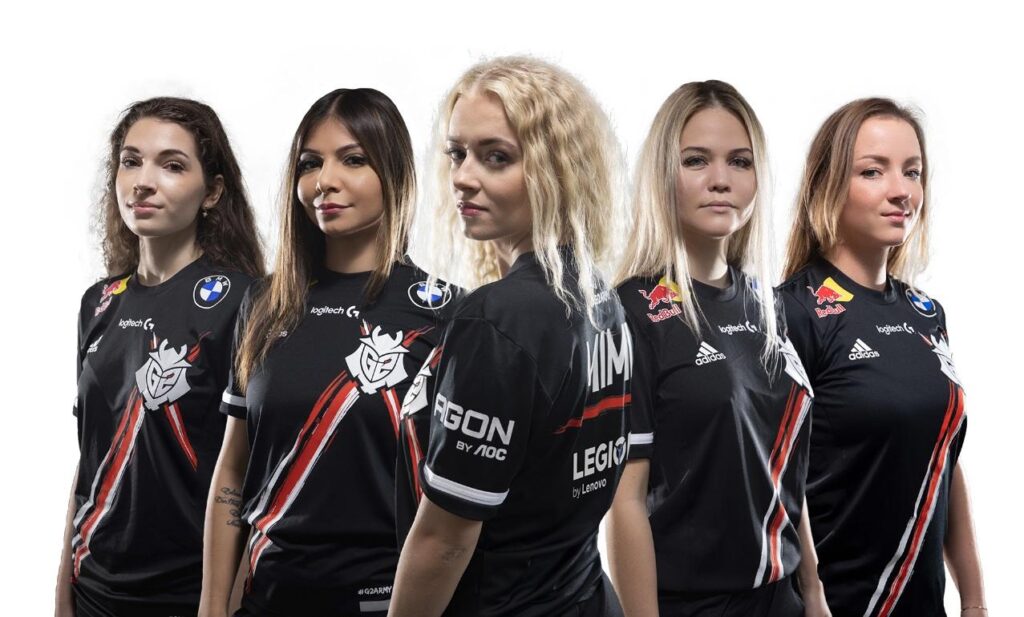
- Just like sports teams, esports organizations use coaches, analysts, and fitness experts.
4. The Science of Gaming: Reaction Speed, Precision, and Endurance
Research backs up what players know instinctively about esports athleticism. The average Actions Per Minute (APM) for a StarCraft II pro? Over 300, peaking close to 400 during heavy micro plays. Top FPS players can react to visual cues in under 150 milliseconds; comparable to, and sometimes even ahead of, elite goalkeepers plunging for a penalty.
Endurance matters, too. Tournaments can run for hours, demanding not just mental but physical consistency; loose wrists, steady hands, and “game sense” that can only be developed through relentless, deliberate practice. I’ve watched pros like s1mple (Counter-Strike) polish their mouse grip and breathing exercises, chasing micro-advantages that, at high levels, make all the difference. The line between mind and muscle becomes a blur.
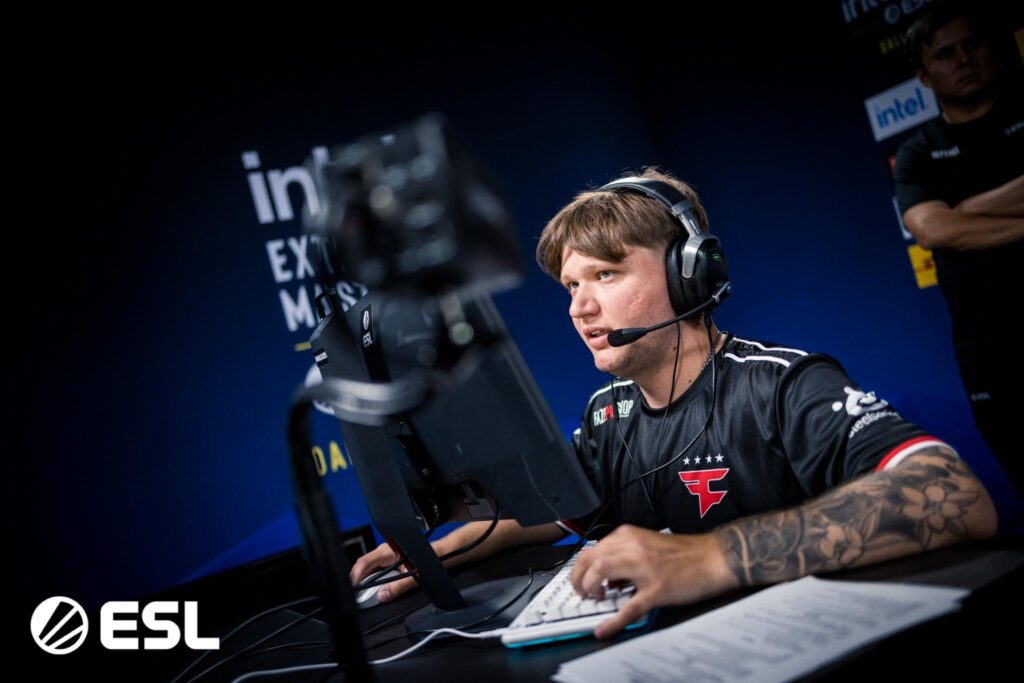
- While esports lacks physical contact, the competitive pressure is equally intense.
5. Physicality in Esports: Beyond the Stereotypes
Everyone’s heard the old stereotype: gamers are couch potatoes. But if you walk into a top team’s headquarters, you’ll spot rowing machines, squat racks, and trainers monitoring posture and output. Fitness isn’t a luxury; it’s prevention. Repetitive strain injuries and carpal tunnel are occupational hazards; vision care and neck health are treated as seriously as a sprained ankle is in the NBA.
Some stories might surprise you. Overwatch pro Jay “Sinatraa” Won talked openly about switching up his entire diet and workout routine to cure fatigue and boost focus. Team health efforts; stretching sessions, weekly cardio, even mindfulness meditation; are built into the big teams’ schedules. The days of living on instant noodles and zero sleep are fading fast; success is tied to staying healthy, in body and mind.
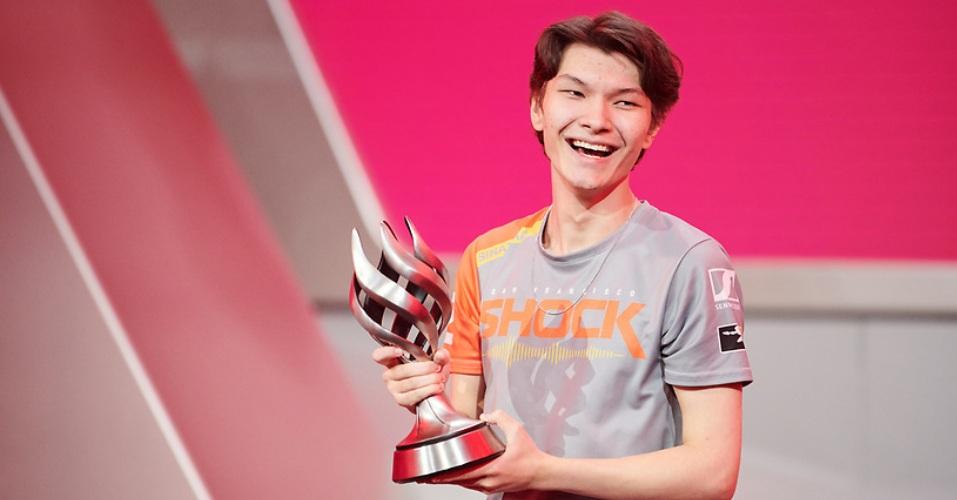
- The line between mental and physical excellence is blurring in modern competition.
6. Recognition and Barriers: Athletes, Media, and the Public Eye
Recognition of esports athleticism always lags behind reality. Still, huge leaps have happened just in the last decade. South Korea, Denmark, and the USA grant athlete visas to pro gamers. ESPN features esports finals in primetime. Luxury brands and nutrition giants (Red Bull, Nike) have signed official endorsement deals. Even the International Olympic Committee ran the Olympic Esports Week in 2023.
Still, resistance lingers. Some media gatekeepers simply shrug; older fans struggle to adjust. Olympic inclusion for esports remains a hot potato, with debates raging about violence in games, the values of “real” sports, or just plain prejudice. Crossover moments help bridge worlds, like NBA champion Gordon Hayward publicly chasing League of Legends ranks, or Formula 1 teams managing their own sim racing squads. Each time the wall comes down, young fans and future athletes take notes.
7. Esports Culture: Discipline, Sacrifice, and the Drive to Win
True athleticism shows in the sacrifices made. I’ve seen 16-year-olds move continents to join academy teams. Like tennis prodigies or chess wunderkinds, esports hopefuls start early and risk burnout, loneliness, or missing out on “normal” milestones. Superstars like Faker (LoL) or ZywOo (CS2) aren’t just naturally gifted; they’ve surrendered years to relentless, focused work, pushing through setbacks families seldom see.
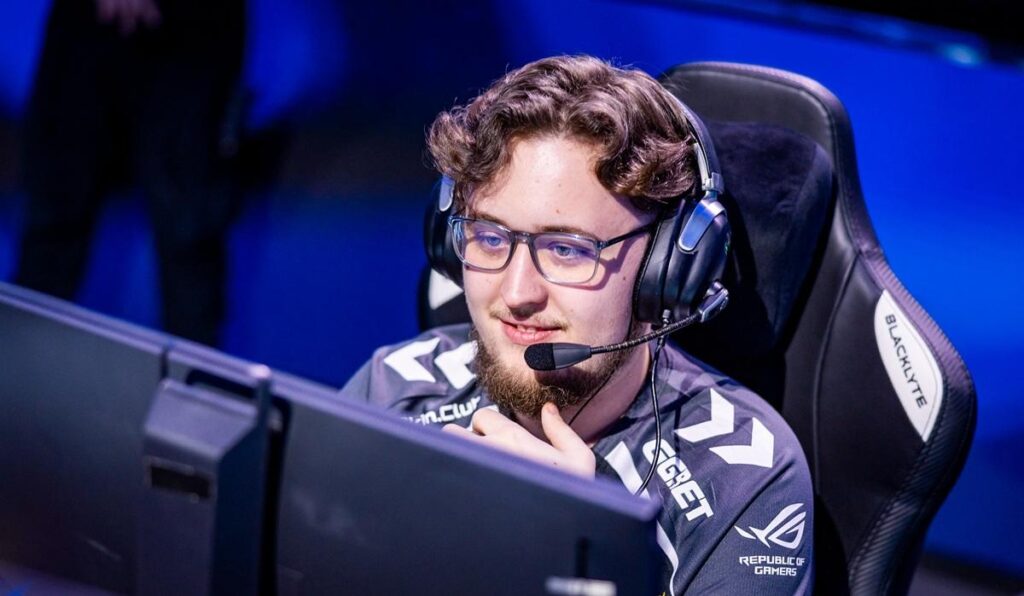
- Whether on a field or in a digital arena, discipline, training, and passion define an athlete.
On-stage nerves? Gamer or gymnast, it’s all about taming the heart rate and making clutch plays when the spotlight weighs a ton. That burning desire to win, to be part of something bigger, to know that all the sacrifices mean something; this is the essence of esports athleticism and traditional sports alike. Ask around and you’ll hear the same refrain: in practice, in mindset, in heartbreak and triumph, the gap between esports athletes and traditional legends isn’t as wide as you might think.
Esports Athletes, Real Rewards: How Tournova Champions Skill and Commitment
The journey of a pro gamer; marked by relentless practice, discipline, and the pursuit of recognition; mirrors the same traits celebrated in any sport. Tournova’s platform is designed for this exact spirit: it rewards both the grind and success, valuing every player who shows up, competes, and pushes their limits. With Tournova, tournaments become accessible to all through Discord and Telegram, offering tools for streamlined player matching, bracket management, and automated prize distribution. This takes the hassle out of organization, letting gamers and organizers focus on what truly matters: performance, mastery, and that adrenaline-fueled drive to win.
What stands out most in Tournova’s ecosystem is its robust token economy. As players compete, complete challenges, or climb leaderboards, they earn tokens that translate directly into tangible value: entries to special tournaments, digital collectibles, or bidding rights in fun in-app auctions. It’s recognition for discipline and commitment; the hallmarks of true athleticism, no matter the arena. Whether you’re just starting out or aiming to be the next esports icon, Tournova’s system ensures your efforts are seen, supported, and rewarded; helping redefine what it means to be an athlete in the digital age.
8. Summing Up: Embracing a New Era of Athleticism
The athlete of tomorrow might not fit yesterday’s mold. Pro gamers blend sharpened minds, disciplined bodies, and iron willpower, redefining what it means to strive for greatness. Respecting “esports athleticism” doesn’t dilute sport; it expands our appreciation for human achievement, wherever it’s found. Before you dismiss the next highlight-reel play on Twitch, maybe take a closer look. Behind every victory are the same rituals, the same sweat, and the same will to be legendary. Let’s cheer for them all; because, honestly, they’re giving us new heroes for a new age.
FAQs
1. How do pro teams monitor mental health and burnout in esports?
Top esports organizations regularly employ mental health professionals and sports psychologists who check in on players, host group therapy or decompression sessions, and integrate mindfulness practices into the training schedule. There’s growing awareness that mental fitness is just as important as mechanics for long-term careers.
2. Are there standardized physical benchmarks for aspiring esports athletes?
While there’s no uniform global standard, many teams use reaction time tests, hand-eye coordination drills, and physical fitness screenings to recruit new talent and reduce the risk of injury. Some esports academies even host full-scale physical bootcamps.
3. What’s the average career span of a pro gamer compared to traditional athletes?
Pro gaming careers tend to be shorter, often peaking in the early twenties due to intense reflex requirements; but with the rise of coaching, streaming, and broadcasting, many players continue contributing to the scene well into their thirties and beyond.
4. Can esports injuries be as career-threatening as ones in field sports?
Absolutely; serious cases of repetitive strain, tendonitis, and even back injuries have ended promising careers. That’s why player health management is now a core part of every top team’s daily routine, with frequent physiotherapy and strict rest protocols.
Infographics:
—
Are Pro Gamers True Athletes? Exploring Esports Athleticism
—
Redefining ‘Athlete’
– Modern athleticism is more than muscle; it’s focus, discipline, and mindset.
– Esports athletes train reflexes, mental stamina, and resilience, echoing the grind of traditional sports.
—
Inside the Training Grind
– Daily routines can stretch 10–14 hours: warm-ups, scrims, coaching, nutrition, and recovery.
– Top orgs hire sports psychologists, nutritionists, and physios; mirroring Olympic programs.
—
Mind & Body Performance
– Elite gamers hit over 300 actions per minute (APM); reaction times rival top goalkeepers.
– Endurance and injury prevention (stretching, weekly fitness) matter for sustained performance.
—
Breaking Stereotypes
– Esports teams now include gym sessions, vision care, and strict schedules.
– Burnout, hand injuries, and mental stress are real risks; health is a core focus.
—
Recognition on the Rise
– Countries grant esports athlete visas; brands like Nike back top players.
– Olympic and mainstream media spotlight continues to expand respect and opportunity.
—
A New Definition of Greatness
– Esports athleticism is pushing boundaries; blending mind, body, and heart for victory.
– The future belongs to those redefining what it means to be an athlete.
